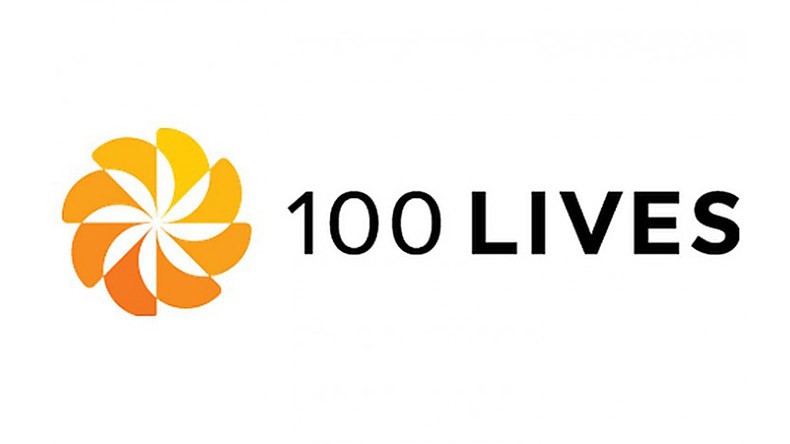
100 LIVES joins the UN in remembering victims of genocide
December 9 marks a new annual day of commemoration to remember victims of genocide and remind all nations of their responsibility to prevent and protect.
A group of organisations aimed at preventing genocide have welcomed the United Nations General Assembly’s designation of December 9 as the International Day of Commemoration and Dignity of the Victims of the Crime of Genocide and of the Prevention of this Crime.
On September 11 of this year, UN member states unanimously voted to establish this commemorative day and chose December 9 as it is the anniversary of the 1948 Convention on the Prevention and Punishment of the Crime of Genocide.
“Slaughtering people not for anything they do, but simply for who they are - their national, ethnic, racial, religious, or political identity – is morally as bad as it gets,” commented Professor Gareth Evans, President Emeritus of the International Crisis Group and former Australian Foreign Minister. “The Genocide Convention, adopted on December 9, 1948, should have been a circuit breaker. It wasn’t. This commemorative day presents a moment to take stock of how far we have come – and have yet to go – in translating into reality the moral aspiration expressed seven decades ago.”
To mark the occasion, 100 LIVES published a joint statement on Dec. 9 with leading humanitarian and human rights organizations calling on the world to remember the millions who have been affected by the crime of genocide. The statement is co-signed by fellow organizations Not On Our Watch, the Enough Project, United to End Genocide, Foundation Rwanda, Survivors Fund, International Association of Genocide Scholars, International Raoul Wallenberg Foundation, the International Institute for Genocide and Human Rights Studies (a Division of the Zoryan Institute), Armenian Genocide Museum Institute, and Waging Peace.
Genocide is an issue that transcends the bounds of any one religion, ethnic group, geography or era and the effects of this crime throughout history are still felt by its victims and their descendants. This year alone, the world observed the Armenian Genocide Centennial, the 70th anniversary of the liberation of the Auschwitz-Birkenau camp, the 50th anniversary of the Indonesian massacres and the 20th anniversary of the Srebrenica Genocide. 100 LIVES and its partners remember the victims of these and all atrocities, continue to demand that governments protect citizens, and use this commemoration to honor those who intervened to save lives— often at great personal risk.
“As a descendant of a genocide survivor myself, I am grateful to those that continue to dedicate themselves to saving lives,” states Ruben Vardanyan, 100 LIVES co-founder. “I hope that this occasion will focus attention on the collective responsibility of governments to safeguard human lives, uphold the universal right to live with dignity, and support humanitarian work.”
Chairman of the International Institute for Genocide and Human Rights Studies (IIGHRS), Professor Roger W. Smith, commented, “The human cost of genocide and its wider consequences – mass migration of refugees, societal collapse and economic disruption – is far greater than the 2 cost of early prevention. To save lives, states must expand their concept of national interest and act on their responsibility to protect.” IIGHRS is a signatory of the joint statement.
Newsfeed
Videos






























